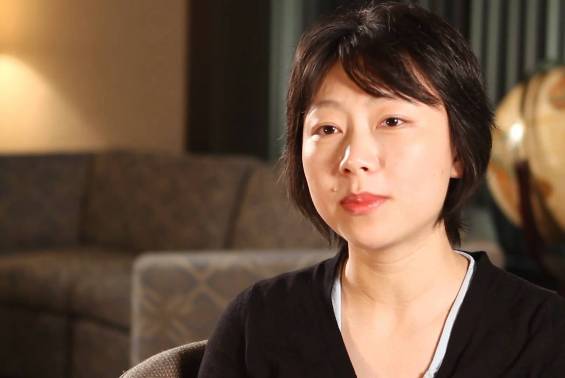

Silence, and invisibility.” -Ralph Litzinger, Duke University Cover design by Mariah Corrigan Cover photograph copyright xPACIFICA/Corbis Whaley Book Prize from the National Women’s Studies Association. She is author or coauthor of eight books, including Red Lights: The Lives of Sex Workers in Postsocialist China (Minnesota, 2009), winner of the 2010 Sara A. TIANTIAN ZHENG is professor of anthropology at State University of New York, Cortland. They are, therefore, caught in a constant tension of embracing and contesting normality as they try to create a new and legitimate space for themselves, paradoxically undercutting the goals they aspire to reach, perpetuating social prejudice against them, and thwarting the activism they believe they are advocating. According to Zheng, unlike gay men in the West during the past three decades, tongzhi men in China have adopted the prevailing moral ideal of heterosexuality and pursued membership in the dominant culture while also endeavoring to establish a tongzhi culture. Based on her ethnographic fieldwork, Tiantian Zheng reveals an array of coping mechanisms developed by tongzhi men in response to rapid social, cultural, and political transformations in postsocialist China. Tongzhi Living offers insights into the community of same-sex–attracted men in the metropolitan city of Dalian in northeast China. Through the lens of tongzhi struggles, desires, and community organizing, we witness people working against marginalization, “Tongzhi Living is ethnographically rich, beautifully written, and poignantly descriptive of many social spaces in urban China.

Tongzhi men’s attempts to practice both conformity and rebellion paradoxically undercut the goals they aspire to reach, Zheng shows, perpetuating social prejudice against them and thwarting the activism they believe they are advocating.Ī N T H R O P O L O G Y/A S I A N S T U D I E S / L G B T They are, therefore, caught in a constant tension of embracing and contesting normality as they try to create a new and legitimate space for themselves. According to Zheng, unlike gay men in the West over the past three decades, tongzhi men in China have adopted the prevailing moral ideal of heterosexuality and pursued membership in the dominant culture at the same time they have endeavored to establish a tongzhi culture. Based on ethnographic fieldwork by Tiantian Zheng, the book reveals an array of coping mechanisms developed by tongzhi men in response to rapid social, cultural, and political transformations in postsocialist China. Tongzhi Living, the first study of its kind, offers insights into the community of same-sex-attracted men in the metropolitan city of Dalian in northeast China. Tongzhi, which translates into English as “same purpose” or “same will,” was once widely used to mean “comrade.” Since the 1990s, the word has been appropriated by the LGBT community in China and now refers to a broad range of people who do not espouse heteronormativity.


 0 kommentar(er)
0 kommentar(er)
